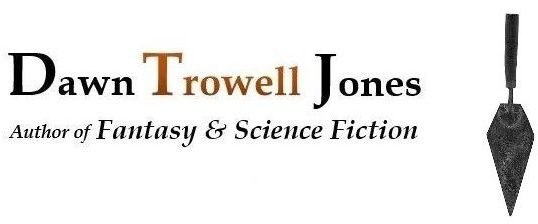 Take a deep breath. I’ll join in.
Take a deep breath. I’ll join in.
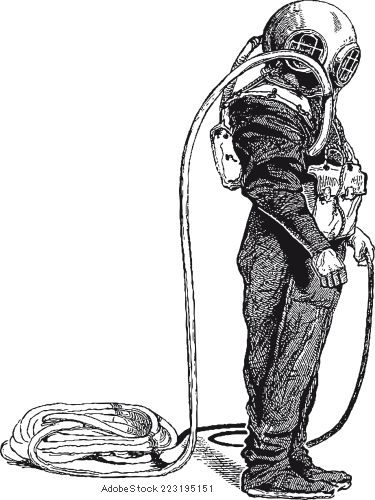 There are far too many thoughts running through our heads right now, I know, and on top of everything, today’s Georgia’s election run-off. Man oh man. There’s so much going on, so much to process. Even simple, mundane decisions have become utterly exhausting.
There are far too many thoughts running through our heads right now, I know, and on top of everything, today’s Georgia’s election run-off. Man oh man. There’s so much going on, so much to process. Even simple, mundane decisions have become utterly exhausting.
Déjà vu?
Now, that’s an odd topic coming on the heels of 2020, which for most of us has hardly been what you’d call the same-old-same-old.
But I’ve been experiencing a lot of déjà vu lately. How to describe it? Well, it makes my brain tingle, as if there are all these imaginary arrows pointing at what started it, saying, “Here, here, pay attention to this.” Time slows for a fraction of second, like a foot hovering over the ground before finishing the step. It’s probably better not to read too much into this. If these little messages were meant to communicate, they’d be clearer, right? And déjà vu will attach itself to the most random stuff, I swear, maybe a string of thoughts or images, and it often seems like the arrangement is the trigger as much as the items. Maybe a chipped plate with a folded yellow napkin underneath triggers some big question as to whether someone had tucked the napkin under there on purpose, or whether the napkin was already in place and the plate was simply put on top, etc., etc. It feels like a loop. Like laughter’s weird cousin.
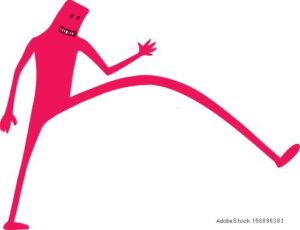 What is déjà vu, though, really?
What is déjà vu, though, really?
Okay, current theories suggest déjà vu may be a memory issue having to do with the botched transfer of information from short term memory into long term memory.
Not terribly exciting, is it? Then here are a few more ideas, just for fun:
One possibility: the sensation of déjà vu, like intuition, arises when our brains detect a pattern of association. What if absolutely all thought is elaborately integrated and patterned, because patterns are all that’s really real to us? I’ve speculated before (in my twenties) that intuition occurs when parts of some “master” pattern are triggered enough to imply the rest of the pattern—like plucking two or three strings of a web causes the whole web to vibrate. Conceptually connected events and objects could share a framework. Some of the framework might lie in the past, and some of it might lie in the future, but everything within the framework would belong together. The framework could then fit other event-objects that belong together in the same way, though they’re a completely different set and not otherwise similar to the first set. When I mentioned this once to a cognitive psychology professor (post-graduate studies at USC, Columbia, SC, circa 1997), he expressed interest, heard me out, and gave me some materials to read on experiments in pattern-recognition. As it turned out, I wasn’t totally off base.
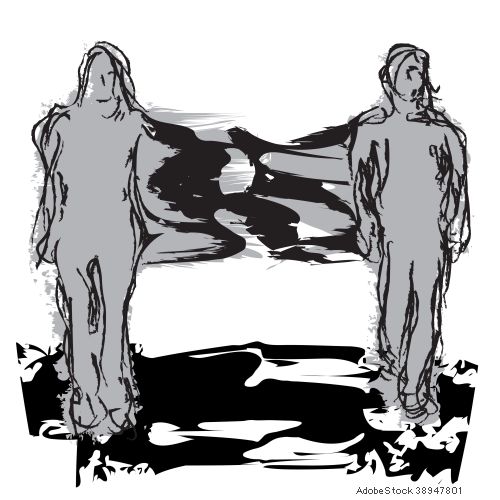 Another possibility might be dissociation. I’ll give you an example of dissociation: I was in a department store in my early twenties with a friend during a particularly stressful time in my life. We were looking at shoes. First, I pointed out a pair that was absolutely awful, and then I brought her a pair I liked, just to show, since she’d wandered off into another section of the store. We agreed: one of the pairs was cool while the other was not. I didn’t have much money then, so I had to put the shoes back. A little while later, we’d wandered full circle back into the shoe section. My friend came up to me, laughing, and said, “I can’t believe you did that.” “Did what?” I asked. “Come look,” she said, and dragged me by my arm. I’d put the cool shoes on top of the ugly shoes, perfectly aligned, shoe on top of shoe, in a rather unambiguous expression of how I felt about life. I had no memory of doing it. That’s dissociation.
Another possibility might be dissociation. I’ll give you an example of dissociation: I was in a department store in my early twenties with a friend during a particularly stressful time in my life. We were looking at shoes. First, I pointed out a pair that was absolutely awful, and then I brought her a pair I liked, just to show, since she’d wandered off into another section of the store. We agreed: one of the pairs was cool while the other was not. I didn’t have much money then, so I had to put the shoes back. A little while later, we’d wandered full circle back into the shoe section. My friend came up to me, laughing, and said, “I can’t believe you did that.” “Did what?” I asked. “Come look,” she said, and dragged me by my arm. I’d put the cool shoes on top of the ugly shoes, perfectly aligned, shoe on top of shoe, in a rather unambiguous expression of how I felt about life. I had no memory of doing it. That’s dissociation.
I can imagine dissociation causing a sense of déjà vu. Maybe the feeling happens when deeper thoughts are in the process of slipping underneath relatively superficial ones, like the subduction of tectonic plates.
I read somewhere (here?) a while ago about how scientists may be able to develop drugs in the future that cause an extreme sense of time dilation. And I thought, yay, we could put people in prison for crimes they didn’t commit, give them shorter sentences, save money, and still be absolutely sure they’ll have lost their minds by the time they come out. To be clear, I’m not in favor of this. But I wonder, now, whether our brains might make a similar chemical (neurotransmitter?) on their own, so that every once in a while, we get a tiny dose of time dilation, and that’s what the sensation of déjà vu is really all about.
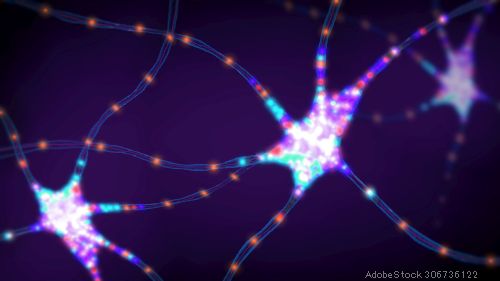 Here’s an article in Psychology Today from 2010, “How the Brain Stops Time,” and I’m thinking this may be the real answer to déjà vu. It’s true that I’ve been feeling a bit anxious of late.
Here’s an article in Psychology Today from 2010, “How the Brain Stops Time,” and I’m thinking this may be the real answer to déjà vu. It’s true that I’ve been feeling a bit anxious of late.
One more try.
What if déjà vu is an instance of “atemporality”? Not time dilation, but time irrelevance. Those imaginary arrows I described above, what if they’re simply the mind’s attempt to assimilate an actual experience of the real world after some kind of lapse into a mode of perception closer to reality than the stylized version our brains have evolved to work with? Perhaps the sense of déjà vu being meaningful is caused by the mind trying to break up an instance of pure perception into more digestible parts, and in doing so, imposes a layered effect, “depth”, upon comprehensiveness. An undifferentiated totality, let’s say, that’s not at all a “glitch” as described in The Matrix, where according to Trinity, déjà vu happens when there’s a glitch in the matrix. No change, just a purer perception. What’s a good analogy? I keep coming back to something the character Kent Clark says in the movie Contact. He’s a blind astrophysicist working for SETI who detects a subtle yet “complex interlaced audio structure” in a radio signal from Vega. “Uh, folks, there’s a lot more here,” he says (more or less). What if déjà vu is what it feels like when the mind slips for an instant and we pick up reality’s true “harmonics”?
Hah! Yeah, I’m not so sure about all that. Fun to tinker, though.
But that’s probably enough play for me. At least for this blog post.
Wait — there is one thing I’d really like to say again:
Happy, Happy New Year, everybody! Yay! Glad to have made it here with you. So far, so good. Whew.
